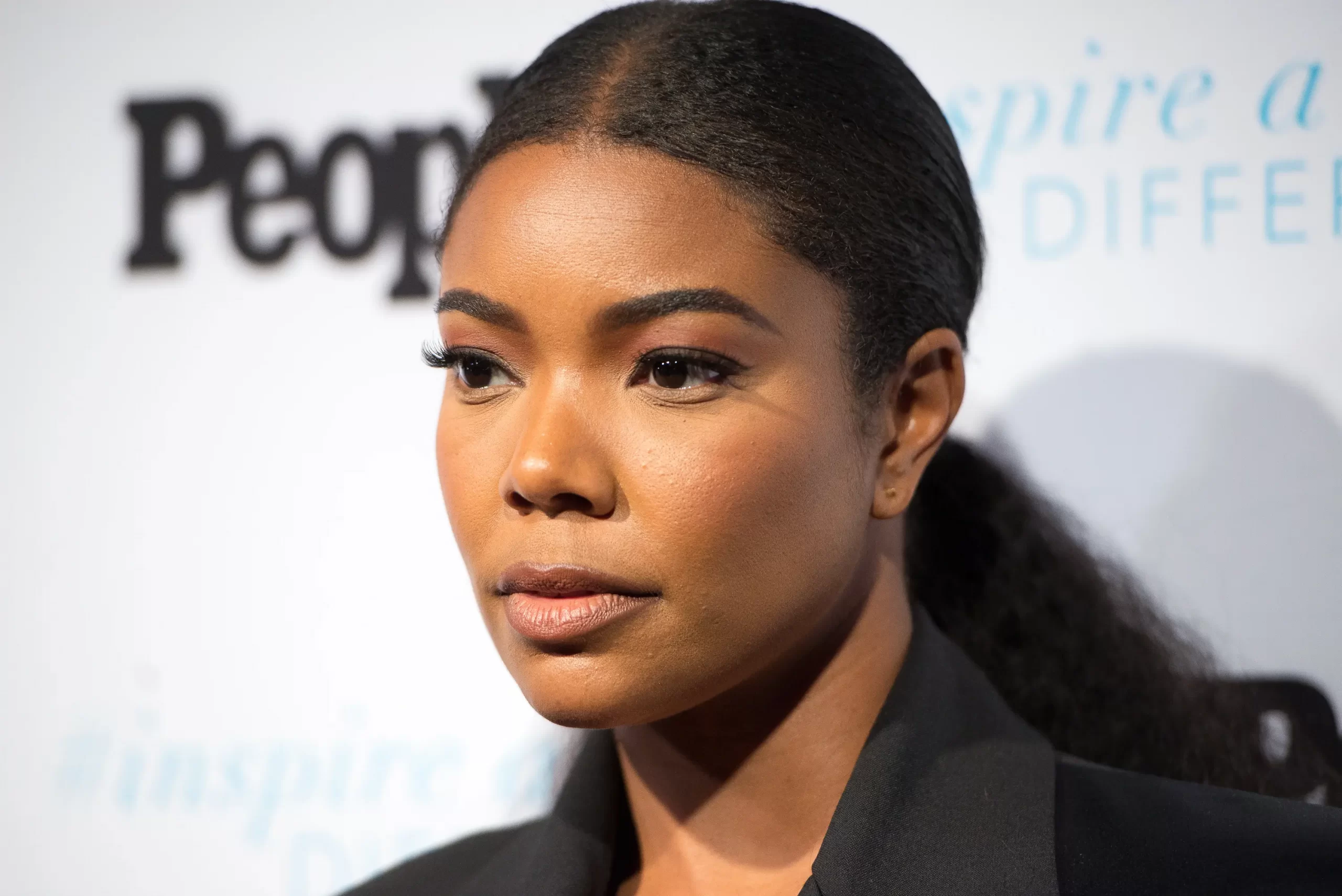Published
3 years agoon
By
Adubianews
Gabrielle Union has always been open about being raped at gunpoint as a teenager, and her most recent horrifying recounting of the awful crime is no exception.
In 2014, the Being Mary Jane actress branded herself a rape survivor, stating that she was sexually raped at gunpoint while working at a Payless ShoeSource.
Gabrielle’s comments (and the continuing Harvey Weinstein scandal) have encouraged women in Hollywood to reveal their own experiences of survival, which she addresses in her new novel We’re Going to Need More Wine.
Glamour released the whole extract about the ordeal from her book.
Gabrielle talked about her time as a 19-year-old working at a local Payless shoe store. A former employee of the business was robbing local stores throughout her tenure there, but while corporate knew about it and knew the man’s identify, the current employees didn’t.
That man came into Gabrielle’s store late one night. She thought something was strange about him right away, but she remained courteous and professional.
She heard her coworker scream from the register around fifteen minutes before closing. The guy was standing there with a revolver drawn, demanding the money from the register.
He ordered the two young ladies into the storage after expressing unhappiness with the amount of cash on hand, shoving the pistol into Gabrielle’s back. He instructed them to remove their clothing.
‘The man marched us into the storeroom, pressing his gun into my back. He said, “Take off your clothes.”
‘Mind you, I was n-ked in a second. It never occurred to me to say no.
‘He crammed us both into the tiny bathroom and then, seconds later, ordered me to come out.
‘He threw me to the ground and was suddenly on me, spreading my legs as he kept the gun on my head,’ she wrote. ‘As he raped me, I began to hover over myself. I could see the whole room. I looked at that poor crying girl and thought, Things like this happen to bad people. Things like this don’t happen to people like me.
‘He turned me over to go for it doggy style. He put the gun down, placing it right next to me. “Can you hand me the gun?” He said it casually as he ripped into me, like he was asking for the salt.’
‘I grabbed the gun and I did my best to try and kill him because I really felt I was about to die,’ she said in a recent interview on Nightline. ‘So it was either going to be him or me, and it wasn’t going to be me, not on that day.;
She missed. In her book, she wrote: ‘He bashed my face as he turned the gun toward me with his other hand,’ she wrote. ‘My finger was wedged between the trigger and the base — it felt like he was going to rip my finger off — but I wouldn’t let go.
‘Finally, he ripped the gun out of my hand. He pointed the barrel at my head and stood over me. “Now I’m gonna have to kill you, bitch,”‘ she wrote.
Union spoke up about her own rape experience in response to a call for sexual assault victims to speak out in order to raise awareness about how often it is.
“For 20 years now, I’ve been trying to tell my story as honestly as possible and basically with the goal of never having to hear, ‘Me too’ ever again,” Union said on ABC’s “Good Morning America” today. “And I talk about that in my book so it was so wild the other night to see #MeToo trending.”
Union said she was raped at gunpoint when she was 19 years old. She added that seeing the hashtag #MeToo trend on social media triggered her post-traumatic stress syndrome.
“My arm went numb and I saw #MeToo,” she explained. “I thought it was all about me and when I realized literally hundreds of thousands of people, men and women, [were] talking about being a part of this unfortunate club…it just rips your heart out.”
Union told E!News that speaking about the event might seem like “screaming into a hurricane.”
“It’s been 25 years since I became a rape survivor,” she explained. “I’m not surprised, rape is the most underreported crime in the world. It feels terrifying, but I have to keep talking out because people feel like they’re the only ones. They feel like they are on an island by themselves; they feel like they’re screaming into a hurricane and nobody is listening and I am just trying to say: ‘I’m listening. I hear you. I’ve been there and there is light at the end of the tunnel.’”
Union also said her initial essay on her rape was “therapy homework.” She said, “I didn’t think anyone but my therapist was going to see it! It was therapeutic in writing it, but now that I am handing it over to the world it feels terrifying.”
Others have approached Union in sympathy as a result of her transparency.
“Every time I talk about being raped,” she told us, “someone will come up to me in a bathroom or an amusement park and say, ‘Me too.’ In that instant I am completely connected. I know everything and nothing all at once.”
Gabrielle went on, “What we are able to share is a sense of community of survivors and we are just doing our best, but that we put one foot in front of the other. There’s light at the end of the tunnel and that’s the importance of sharing the stories when you’re ready.”

























